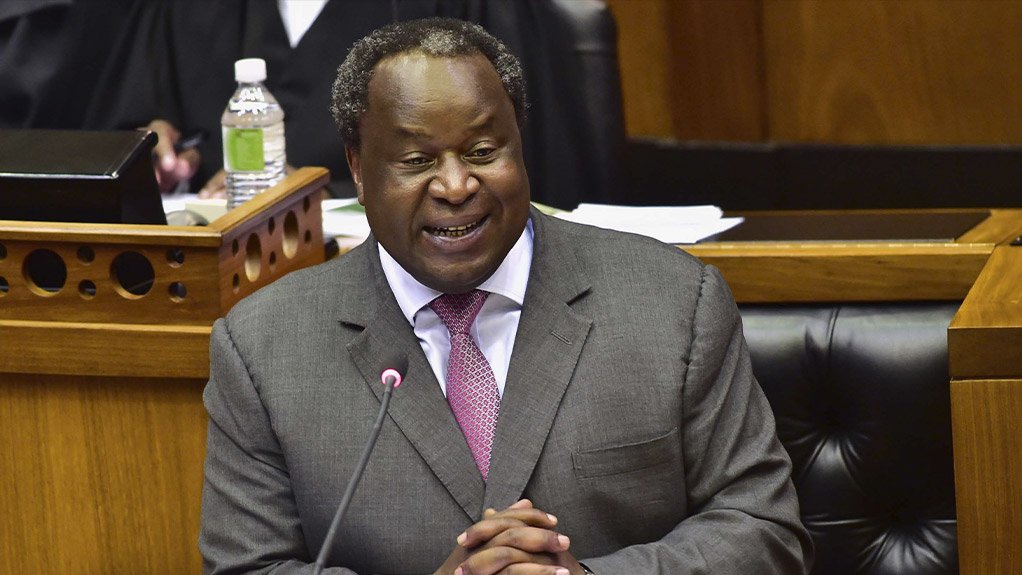The National Treasury is talking to all international financial institutions as it explores ways of meeting South Africa's funding needs stemming from the Covid-19 pandemic, finance minister Tito Mboweni said on Tuesday.
"The National Treasury is exploring all funding avenues to fund all Covid-19 related programmes," Mboweni told a teleconference briefing on the department's response to the health crisis and its economic ramifications.
"The funding avenues will not be limited locally but will include exploring all global partners and international financial institutions. Funding agreements will be announced once concluded," he added.
Speaking shortly after the South African Reserve Bank (SARB) cut the repo rate by one percentage point for the second time in less than a month, Mboweni echoed the central bank's prediction that South Africa was set for a deep recession followed by a rapid return to growth.
The country had already entered a technical recession -- two consecutive quarters of contraction -- when the health crisis unfolded.
"At this stage, our central scenario is for a deep recession in 2020, followed by a rapid upswing in economic growth," Mboweni said.
He said the Treasury was looking at all economic projections on the impact of the global health crisis on South Africa, adding that these ranged from relatively positive to pessimistic forecasts.
"On the relatively optimistic side, the Organisation of Economic Cooperation and Development (OECD) has highlighted that economic growth in South Africa will shrink by less than other emerging markets, in part because South Africa is not a net oil exporter," the minister said.
"The International Monetary Fund’s April 2020 World Economic Outlook will be released later today. Current estimates from the IMF show global growth contracting this year by about 2.9 percent. For South Africa, their initial estimate was for an economic contraction of 5.8 per cent.
The SARB's own forecast, delivered at the same time as Tuesday's rate cut, said that the economy could contract by 6.1 percent in 2020.
Mboweni noted that forecasts pointed to an upswing in 2021, with the economy recovering to 2.2 percent growth.
He gave his support to the drastic confinement measures President Cyril Ramaphosa implemented to contain the spread of the virus and said these had been vindicated by a sharp drop in the average daily infection rate.
"Our health approach to this lockdown is ‘data-dependent’. Similarly, our economic response will be data-dependent, and we will evaluate and update our response on a continuous basis," he said.
"The health of our people, and their lives, must come first. But we must also ensure that we protect their livelihoods."
Ministers in the economic cluster were due on Wednesday to table a set of proposals on handling the economic crisis wrought by the coronavirus pandemic to cabinet.
"We have a quite a detailed set of proposals that come from the economic cluster," said Mboweni.
EMAIL THIS ARTICLE SAVE THIS ARTICLE
To subscribe email subscriptions@creamermedia.co.za or click here
To advertise email advertising@creamermedia.co.za or click here











